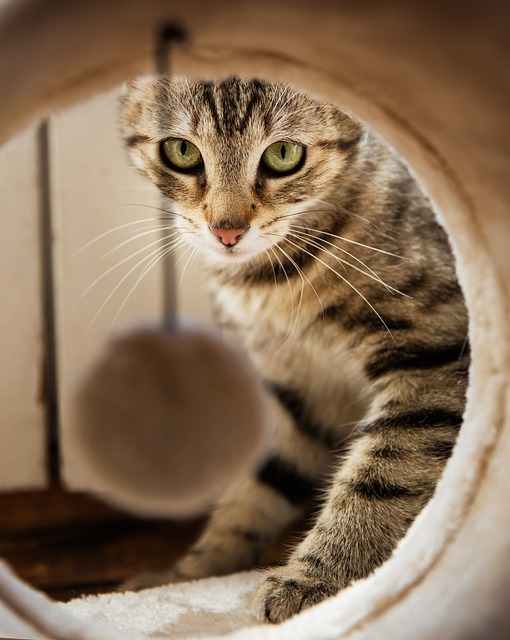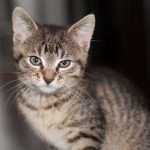Hydrolyzed protein cat food is a specialized type of cat food that contains proteins broken down into very small particles. This process, known as hydrolysis, involves breaking the protein molecules into smaller fragments, making them less likely to trigger an immune response. This type of cat food is often prescribed by veterinarians to manage certain health conditions, particularly food allergies and inflammatory bowel disease (IBD) in cats.
Key Points:
- Purpose of Hydrolyzed Protein: The primary goal of hydrolyzed protein cat food is to provide nutrition while minimizing the risk of triggering allergic reactions. By breaking down the proteins into smaller components, the immune system is less likely to recognize them as allergens.
- Common Conditions Treated: Hydrolyzed protein cat food is commonly prescribed for cats with food allergies. Symptoms of food allergies in cats may include itching, licking, scratching, gastrointestinal issues (vomiting, diarrhea), and skin lesions. It is also used for cats with inflammatory bowel disease (IBD).
- How It Works: The process of hydrolysis involves enzymatic or chemical breakdown of proteins into peptides and amino acids. This reduces the size of protein particles, making them less likely to be recognized by the immune system and cause allergic reactions.
- Symptoms of Food Allergies in Cats: Common symptoms of food allergies in cats include itching, licking, scratching, overgrooming, biting, skin lesions, and occasionally gastrointestinal symptoms such as diarrhea and vomiting.
- Symptoms of Inflammatory Bowel Disease (IBD): Symptoms of IBD in cats may include vomiting, diarrhea, bloody stools, weight loss, decreased appetite, and lethargy. These symptoms can vary in frequency and severity.
- Prescription Diet: Hydrolyzed protein cat food is usually available by prescription. Strict quality-control measures are in place to ensure that the proteins are appropriately hydrolyzed, and the food does not contain contaminant proteins that could trigger allergic reactions.
- Veterinary Guidance: Cats should be fed a hydrolyzed protein diet under the guidance of a veterinarian. These diets are formulated to be nutritionally balanced for long-term feeding. The veterinarian will assess the cat’s medical condition and determine if this type of diet is appropriate.
- Not Suitable for All Cats: While hydrolyzed protein cat food is beneficial for certain medical conditions, it may not be suitable for all cats. Your veterinarian will evaluate your cat’s individual situation and recommend the most appropriate diet.
- Prescription Requirement: As of now, hydrolyzed protein cat foods are available by prescription only. This ensures that they are used under the supervision of a veterinarian, who can monitor the cat’s response and make necessary adjustments.
Always follow your veterinarian’s recommendations regarding the choice of cat food and feeding instructions based on your cat’s specific health needs.



